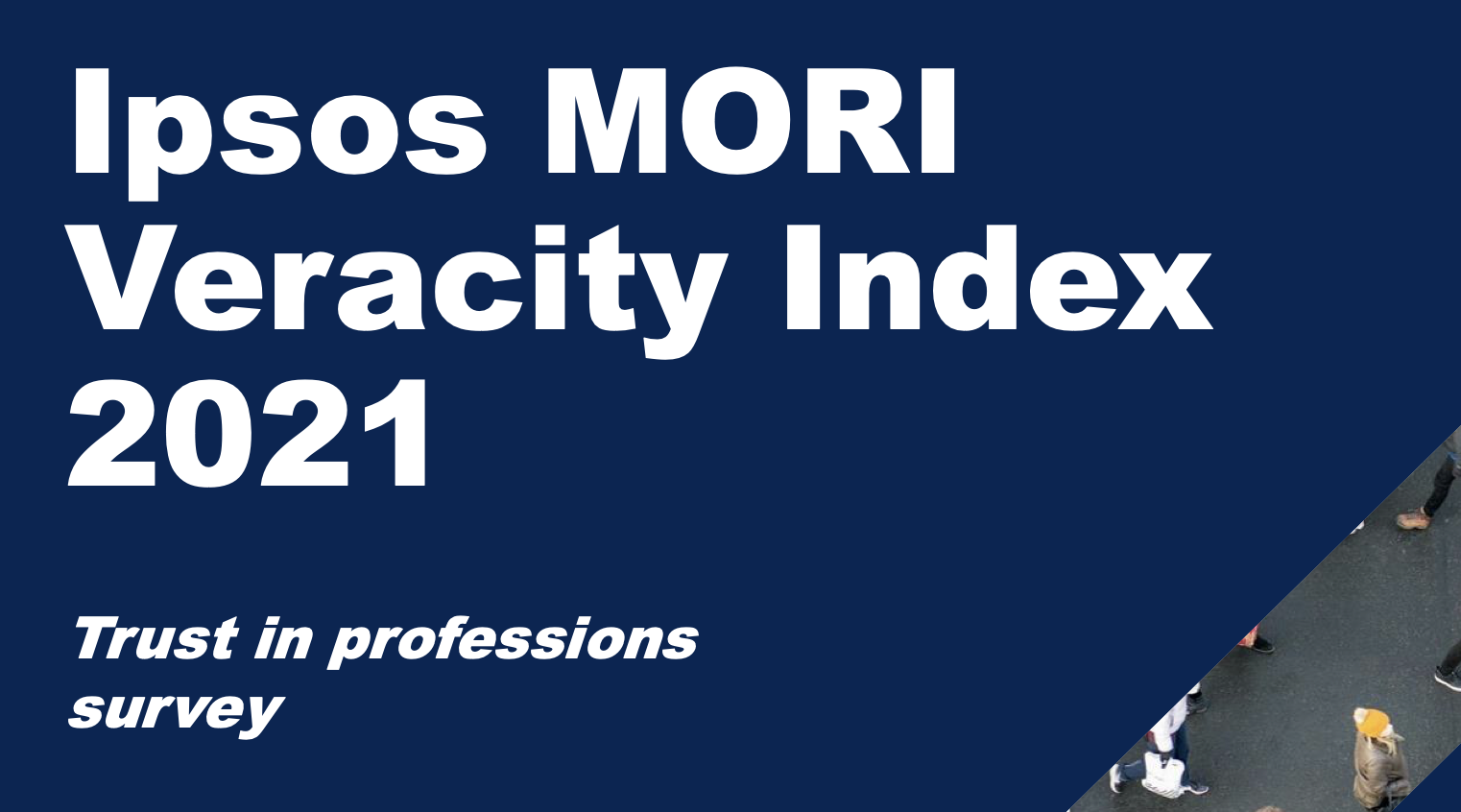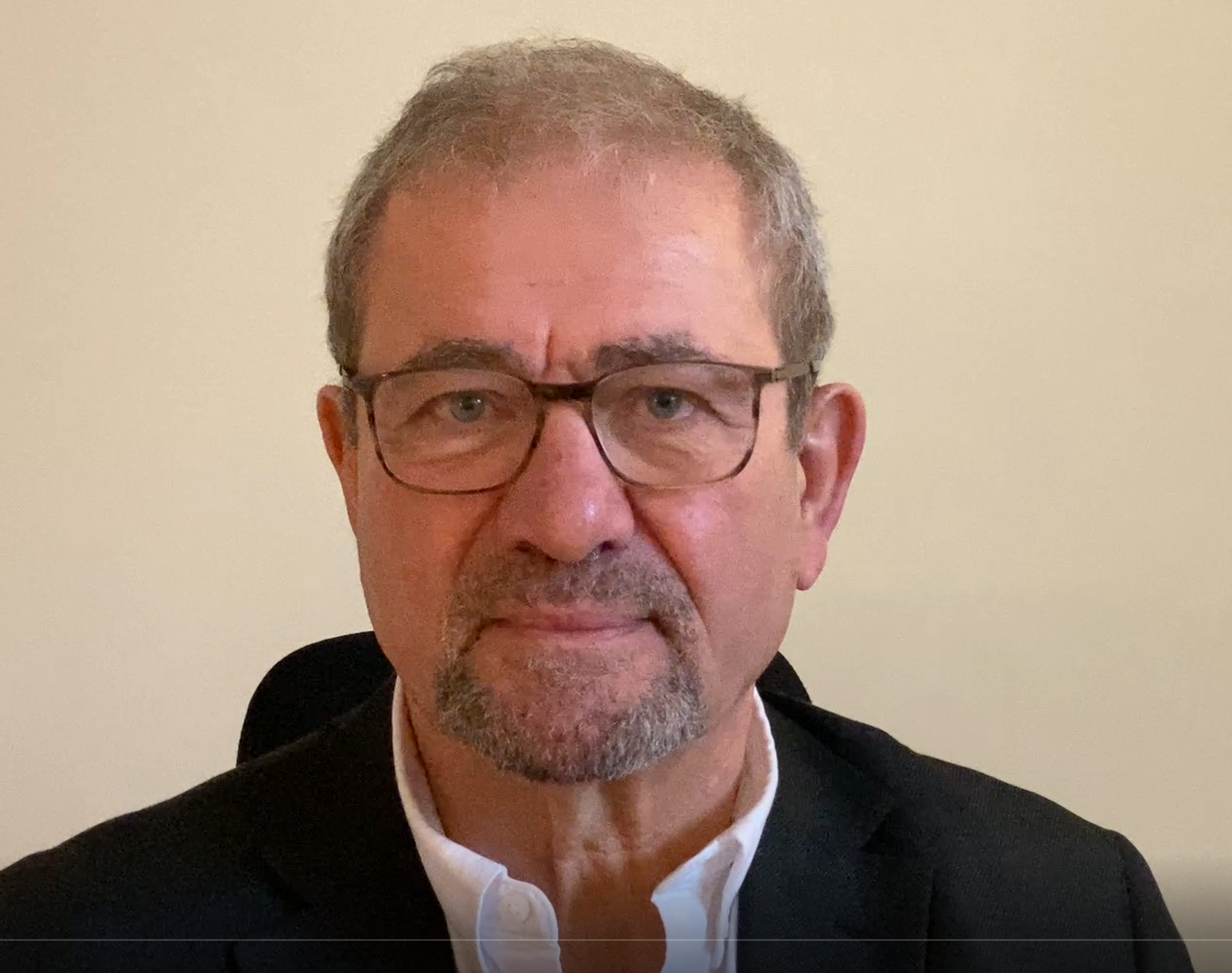Charities are too often using ageist language and stereotyping older people as being sad, vulnerable and lonely, according to guidance being published today.
The guidance has been released by charity Centre for Ageing Better and is urging the voluntary sector to “help shift ageist stereotypes and language used in public life”.
It says that the use of such stereotypes “harms people and their prospects in later life” by too often associating ageing with decline and ill health” as well as being portrayed as “fail, vulnerable, and dependent”.
The Centre said: “While ageing-focused charities use more nuanced and supportive language, loneliness often dominates the narrative, and tends to be presented as an inevitable part of later life.
“The language and imagery used in fundraising campaigns also tends to be inherently negative – focusing on sad or vulnerable older people in need of help – and risks feeding into negative stereotypes of ageing and older people in wider society.”
It adds that ageism impacts on older people’s wellbeing and shapes how people feel about their ageing process.
Another concern is that older people are being “pitted” against younger people in “boomer vs millennial narratives around competition for resources”.
The centre’s guide, called Challenging Ageism, aims to support charities and other organisations to focus on positive imagery and language around ageing and “embrace realistic and diverse images of later life”.
It also urges charities to use terminology that older people prefer such as “older” rather than “old” or “elderly”.
“We are really pleased to be launching this guide which we hope will be an invaluable resource for a range of organisations to contribute to tackling harmful stereotypes about ageing and instead promote a more realistic and positive view of later life,” said Carole Easton, chief executive of Centre for Ageing Better.
“The pandemic has highlighted the pernicious impact of seeing those in later life as a burden, a problem to be hidden away, or a homogenous vulnerable group.
“These outdated attitudes are holding us back as a society from making the most of our longer lives. At the Centre for Ageing Better, we want to bring about the culture shift we need to eradicate ageism – we hope that this guide will help many other organisations to join us in this mission.”
Latest News
-
Youth homelessness charity forced to turn away young people due to demand surge
-
Funder offers charities ‘social change’ grants of up to £50,000 to boost training
-
Navy charity handed £368,500 to support submariners’ families
-
Former football charity chief to lead sports and culture charity
-
From comics to crockery: the best places for charity shop sales revealed
-
Three arrests made amid ‘large-scale theft' of charity clothes donations
Charity Times video Q&A: In conversation with Hilda Hayo, CEO of Dementia UK
Charity Times editor, Lauren Weymouth, is joined by Dementia UK CEO, Hilda Hayo to discuss why the charity receives such high workplace satisfaction results, what a positive working culture looks like and the importance of lived experience among staff. The pair talk about challenges facing the charity, the impact felt by the pandemic and how it's striving to overcome obstacles and continue to be a highly impactful organisation for anybody affected by dementia.
Charity Times Awards 2023
Mitigating risk and reducing claims

The cost-of-living crisis is impacting charities in a number of ways, including the risks they take. Endsleigh Insurance’s* senior risk management consultant Scott Crichton joins Charity Times to discuss the ramifications of prioritising certain types of risk over others, the financial implications risk can have if not managed properly, and tips for charities to help manage those risks.
* Coming soon… Howden, the new name for Endsleigh.
* Coming soon… Howden, the new name for Endsleigh.
Better Society

© 2021 Perspective Publishing Privacy & Cookies











Recent Stories